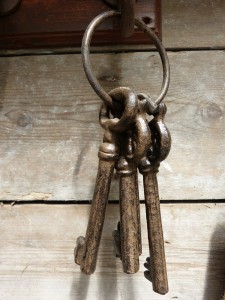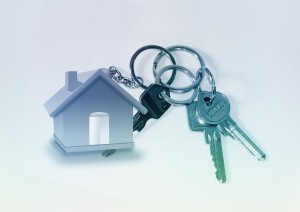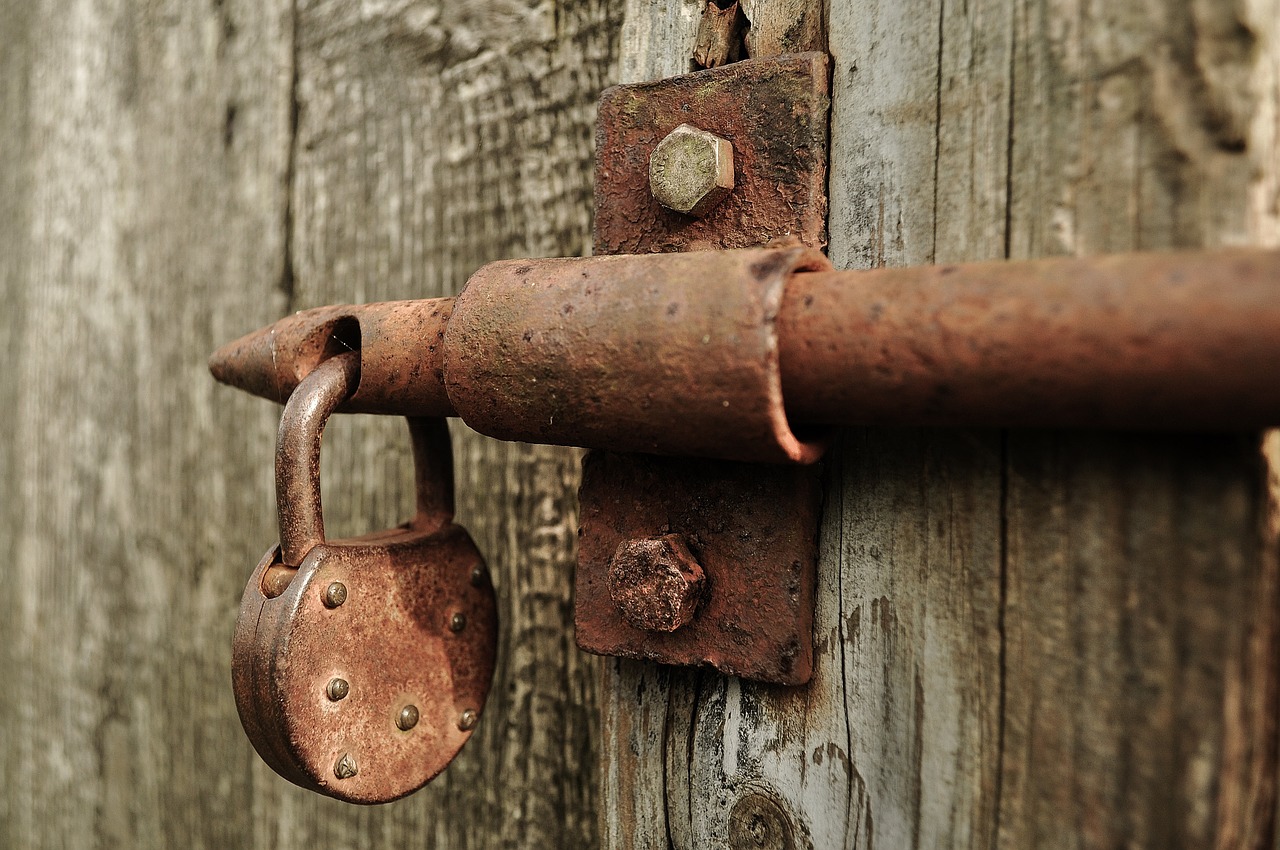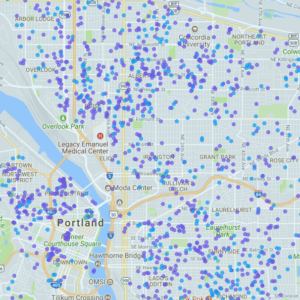There are many approaches on handling guest access to your Airbnb listing. These considerations are important if you cannot be available for every guest check-in. Some host’s prefer to meet their guests upon check-in so that they can make contact, ensure that all the proper forms or guest logbooks are filled out, and so that they can give a general orientation before letting the guest loose upon the home.
Lockboxes
 Most people already have locks on their doors and a key to that door, so perhaps the most low-tech and easiest way to get started is to simply make copies of the lock to your door and provide a lockbox somewhere on the property. Preferably, the lockbox should be placed somewhere discreet that the guests can access without being easily seen from the street. A certain set code is given to every guest and person accessing the home. This works just fine. Many people use this type of system already.
Most people already have locks on their doors and a key to that door, so perhaps the most low-tech and easiest way to get started is to simply make copies of the lock to your door and provide a lockbox somewhere on the property. Preferably, the lockbox should be placed somewhere discreet that the guests can access without being easily seen from the street. A certain set code is given to every guest and person accessing the home. This works just fine. Many people use this type of system already.
There is one security note regarding lockboxes is that there are certain ones that are less secure than others. They’re usually entry-level designs and criminals can easily guess the password or the code to get into your lockbox with enough time. Overall, however, it is a deterrent. Most people are not going to bother with trying to mess with your lockbox and it is an easy and low-cost way for guests to access your spot.
Electronic Locks
Next in line are electronic locks that you can use for added security and ease. There are many models that sort of fit the same description; essentially, you have a battery-operated keypad system that the guest can use to punch in a code you give to them. Usually, it’s a personalized code to the last four digits of their phone number. This code then prompts the system to operate a deadbolt locking mechanism. These entry systems come with all kinds of nifty bells and whistles including some with technology like Zigbee or Z-Wave that allows you to control the lock from a mobile device or while traveling. Of course, adding those kinds of features will add to the cost, but for some people, it’s totally worth the time and added freedom.
Professional Electronic Locks
Lastly, there’s a kind of lock that is used in professional vacation rental settings. It is a little more of an upfront investment, but the benefit is that while the previous category of locks relied on having Internet access, this last category acts like a standard model electronic lock. But instead of being connected to the Internet, this type of lock is reprogrammable so that you can create a new code that’s specific to a given guest during a specific period of time. So, for example, if you wanted to give access to guests between the dates of their check-in and check-out and at certain times, you can go ahead and create a code for that, and give that to your guests and they can access the space by using that code. This option is great for properties that are not occupied, that are being managed remotely, and that require all-weather sensitivity. Some locks will not perform well in extreme conditions.
Summing it Up with Pros and Cons
- Lockboxes are simple to use and require minimal up-front investment but can be risky if a guest makes a copy of the key and returns to steal anything or use the space again.
- Electronic locks require a greater upfront investment that can pay off with increased security. Batteries do require replacement, so staying on top of that is critical.
Screening Makes All the Difference
It comes down to your screening process and making it really thorough and repeatable. Over time, you’ll start to get a good feeling about the people asking to stay in your Airbnb listing and if you have any hesitancy at all, just don’t allow them to book. Someone else will probably take the date and you can avoid larger problems in the future.








Leave a Reply